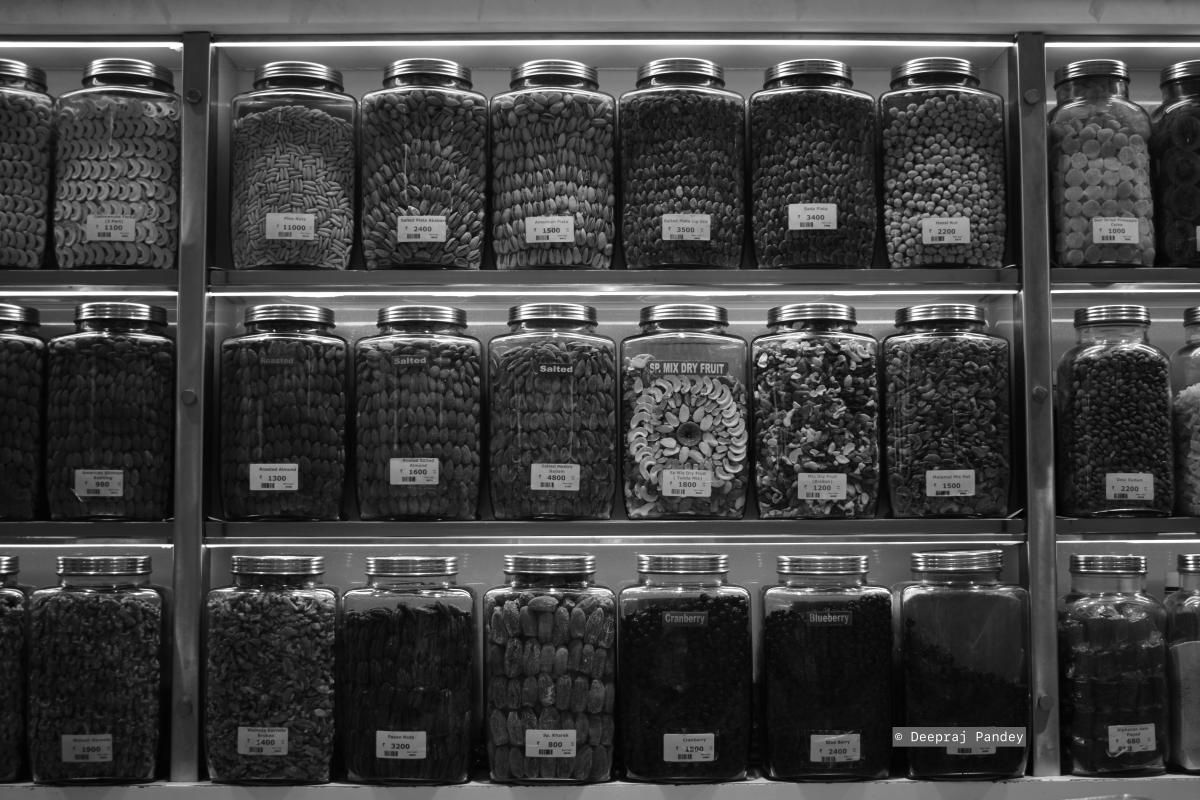I co-lead Ashoka University’s Makerspace, which has grown into an interdisciplinary research and learning facility serving students across the university. Since founding the space in 2022, we have worked with nearly 500 students from mathematics to creative writing, supporting coursework integration and independent research projects. The facility houses electronics labs, fabrication equipment including 3D printers built in-house, and woodworking tools.
My technical background spans systems research and product development. Earlier work in memory systems and trusted execution environments at Microsoft Research India informed my understanding of how technical systems address broader challenges. More recently, a co-founder and I built Index AI, a company knowledge search tool that emerged from Buildspace’s third season in the Bay Area. The prototype attracted interest from teams at Google, Meta, and companies across sectors, providing valuable experience in building products for real users.
This blend of research and product development shapes our approach to Makerspace projects. Our research partnerships span multiple institutions and disciplines. Work with the National Centre for Biological Sciences contributed to publications in the Royal Society’s Proceedings B. My student Ananya Dinkar and I are collaborating with Dr. Meghana Agarwala to develop microscopy automation tools, including accessible slide agitation mechanisms relevant to palynology labs, and focus-stacking systems for standard observation microscopes. This research contributes to the broader work that supported Dr. Agarwala’s receipt of the Oxford Schmidt AI in Science Faculty Fellowship, and we will continue collaborating with Oxford through the coming year.
The Makerspace supports formal coursework across biology, computer science, and environmental science while hosting collaborative projects with faculty in chemistry, creative writing, and other departments. We maintain seven ongoing flagship projects that function as extended research laboratories. These include interactive spatial installations, environmental monitoring systems, and hardware development projects that bridge multiple technical domains. Our emphasis on frugal innovation reflects both practical constraints and a commitment to accessible technology development.
Our pedagogical approach centres on peer-to-peer learning without prerequisite requirements. Students from different academic backgrounds work together on technical projects, with knowledge transfer happening organically between year levels and disciplines. Recent student work has been presented at international conferences including Human Computer Interaction International 2025, ACM Compute 2025, and former participants have secured graduate positions and research funding based on their Makerspace projects.
We are currently expanding to a 4,500 square foot facility to accommodate growing demand. Our most recent summer research programme involved 17 students, of whom 15 began with minimal technical background. This model demonstrates our core premise: that research-quality prototyping and fabrication skills can be developed across academic disciplines when proper infrastructure and community support exist.
I’m always interested in discussing collaborative projects, research opportunities, or ways to expand access to technical prototyping. Feel free to reach out at deeprajpandey@pm.me.
